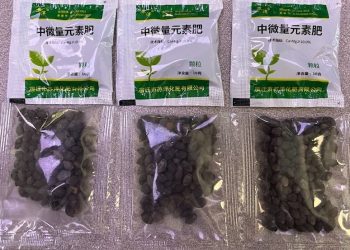Texas – Texas Agriculture Commissioner Sid Miller, in partnership with the Texas Department of Agriculture (TDA) and the U.S. Department of Agriculture, has announced the allocation of $280 million in grant assistance for agriculture producers along the Rio Grande River.
This financial relief comes in response to water shortages resulting from Mexico’s failure to meet obligations under the 1944 Water Treaty.
“Water is the lifeblood of Texas agriculture, and nowhere is this more critical than in the Rio Grande Valley,” said Commissioner Miller. “The 1944 Water Treaty Grant rollout is precisely the action needed to assist our agricultural producers in the Valley, who have endured a prolonged drought.”
Under the 1944 Water Treaty, Mexico is required to deliver 350,000 acre-feet of water annually over a five-year cycle to the United States. However, Mexico has failed to meet this obligation and currently owes over one million acre-feet of water.
As a result, farmers and ranchers across South Texas have suffered significant financial losses, leading to job cuts and severe economic hardship for families dependent on agriculture.
TDA will distribute the grant funds through a non-competitive process, with the goal of offering immediate economic relief to eligible producers.
To qualify, producers must have farming acreage with irrigation water rights, as verified through the Rio Grande Watermaster Program in 2023 and/or 2024. Eligible counties include Brewster, Brooks, Cameron, Hidalgo, Jim Hogg, Kinney, Maverick, Presidio, Starr, Terrell, Val Verde, Webb, Willacy, and Zapata.
Grant applications will be accepted through May 22, 2025. To assist producers with the application process, workshops will be offered.
Producers attending these workshops should bring their authorized irrigation certificate number, documentation of their water rights from either their irrigation district or the Texas Commission on Environmental Quality (TCEQ), and proof of the total number of irrigable acres.
The grant is a crucial step in supporting South Texas agriculture and providing economic relief to producers facing unprecedented challenges due to water scarcity.









